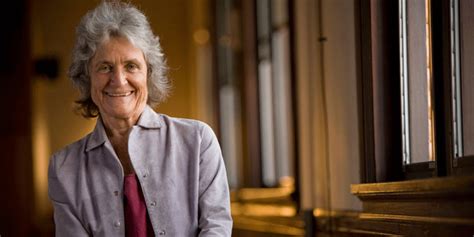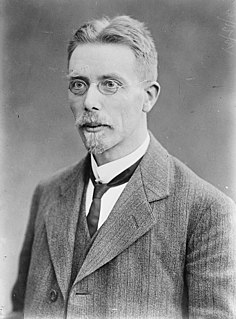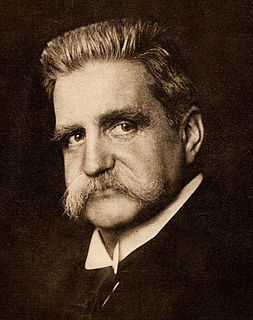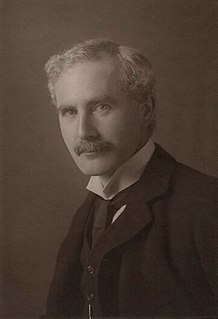A Quote by Epictetus
Embrace reality. Think about what delights you - the small luxuries on which you depend, the people whom you cherish most. But remember that they have their own distinct character, which is quite a separate matter from how we happen to regard them.
Related Quotes
How many great ones may remember'd be,
Which in their days most famously did flourish,
Of whom no word we hear, nor sign now see,
But as things wip'd out with a sponge do perish,
Because the living cared not to cherish
No gentle wits, through pride or covetize,
Which might their names forever memorize!
There is so much about my fate that I cannot control, but other things do fall under the jurisdiction. I can decide how I spend my time, whom I interact with, whom I share my body and life and money and energy with. I can select what I can read and eat and study. I can choose how I'm going to regard unfortunate circumstances in my life-whether I will see them as curses or opportunities. I can choose my words and the tone of voice in which I speak to others. And most of all, I can choose my thoughts.
Cross-cultural reality testing forces people to examine both their own and others' understandings of reality. Most people simply assume that the
way they look at things is the way things really are, and judge other cultures' views of reality before understanding them. These judgments are
based on ethnocentrism, which closes the door to further understanding and communication. Furthermore, ethnocentric judgments keep missionaries from examining their own beliefs and values to determine which of them are based on biblical foundations and which on their cultural beliefs.
What I have learned from the teachers with whom I have worked is that, just as there is no simple solution to the arms race, there is no simple answer to how to work with children in the classroom. It is a matter of being present as a whole person, with your own thoughts and feelings, and of accepting children as whole people, with their own thoughts and feelings. It's a matter of working very hard to find out what those thoughts and feelings are, as a starting point for developing a view of a world in which people are as much concerned about other people security as they are about their own
I think about material that could work in the novel or story as I'm writing. I see if I can get there through what's happening with the character. But it's by inclination. It's not "At this moment this will happen." Usually with my characters you can't tell what has induced them to do anything. That's because, from my understanding of reality - which is always subjective - everything is overdetermined.
One of the most marvelous features of Canton is the city of house boats, floating and stationary, in which about a quarter of a million people live and, it may with truth be added, are born and die. This population is quite distinct in race from the land population of Canton, which looks down upon it as a pariah and alien caste.
The complex ways in which we produce and reproduce the world in technologically developed societies involves the ways in which we separate ourselves into public and private persons, producing and consuming persons and so on, and the ways in which we as people negotiate and cope with those divisions. Stars are about all that, and are one of the most significant ways we have for making sense of it all. That is why they matter to us, and why they are worth thinking about.
I started inventing things, and then I couldn't stop, like beavers, which I know about. People think they cut down trees so they can build dams, but in reality it's because their teeth never stop growing, and if they didn't constantly file them down by cutting through all of those trees, their teeth would start to grow into their own faces, which would kill them. That's how my brain was.
The being who, for most men, is the source of the most lively, and even, be it said, to the shame of philosophical delights, the most lasting joys; the being towards or for whom all their efforts tend for whom and by whom fortunes are made and lost; for whom, but especially by whom, artists and poets compose their most delicate jewels; from whom flow the most enervating pleasures and the most enriching sufferings - woman, in a word, is not, for the artist in general... only the female of the human species. She is rather a divinity, a star.
The novel is a big space, and a lot can happen. Just think about the parts of your life. How do we account for our own contradictions? The only way to understand them is to let them exist, as truths that indicate something about character. People are built of elements that don't fit together - and the conflict of that is their essential drive.
The hallucination of separateness prevents one from seeing that to cherish the ego is to cherish misery. We do not realize that our so-called love and concern for the individual is simply the other face of our own fear of death or rejection. In his exaggerated valuation of separate identity, the personal ego is sawing off the branch on which he is sitting, and then getting more and more anxious about the coming crash!
What will it matter to him if he notices that he is growing old? Has he any reason to envy the young people whom he sees, or wax nostalgic over his own lost youth? What reasons has he to envy a young person? For the possibilities that a young person has, the future which is in store for him? "No, thank you," he will think. "Instead of possibilities, I have realities in my past, not only the reality of work done and love loved, but of sufferings bravely suffered. These sufferings are even the things of which I am most proud, though these things are things that cannot inspire envy."
The desire to give advice is itself a symptom of disapproval; and further, it is usually the result of a desire to express that disapproval. And we are most moved to give advice to those for whom our affection and regard may be taken for granted, but to whom we would rather express our disapproval. We cannot go to them and say that we disapprove of them. That would not be affectionate, and might lead to reprisals. But we can give them advice in which the disapproval is implied and which yet seems innocently helpful.








































